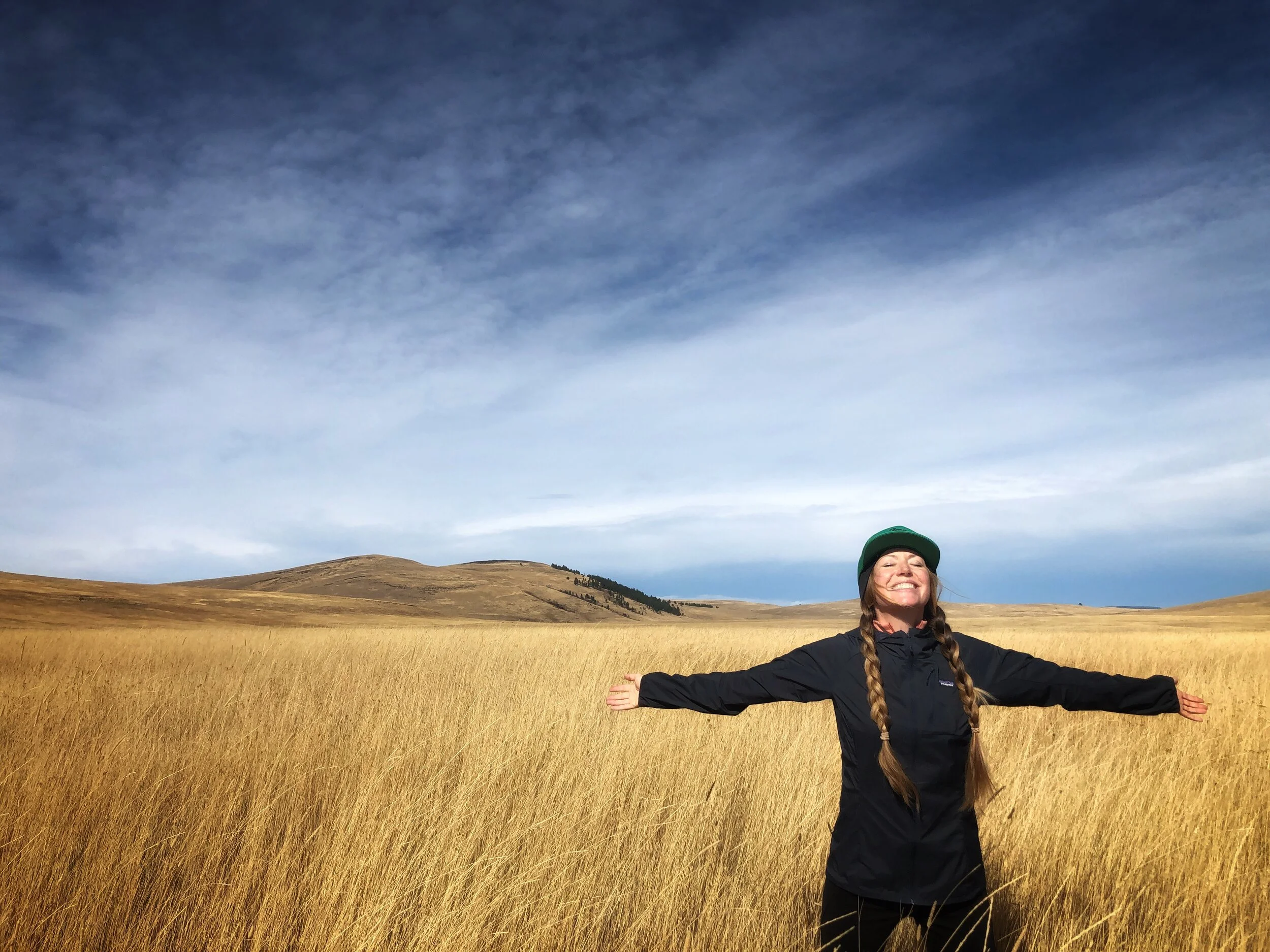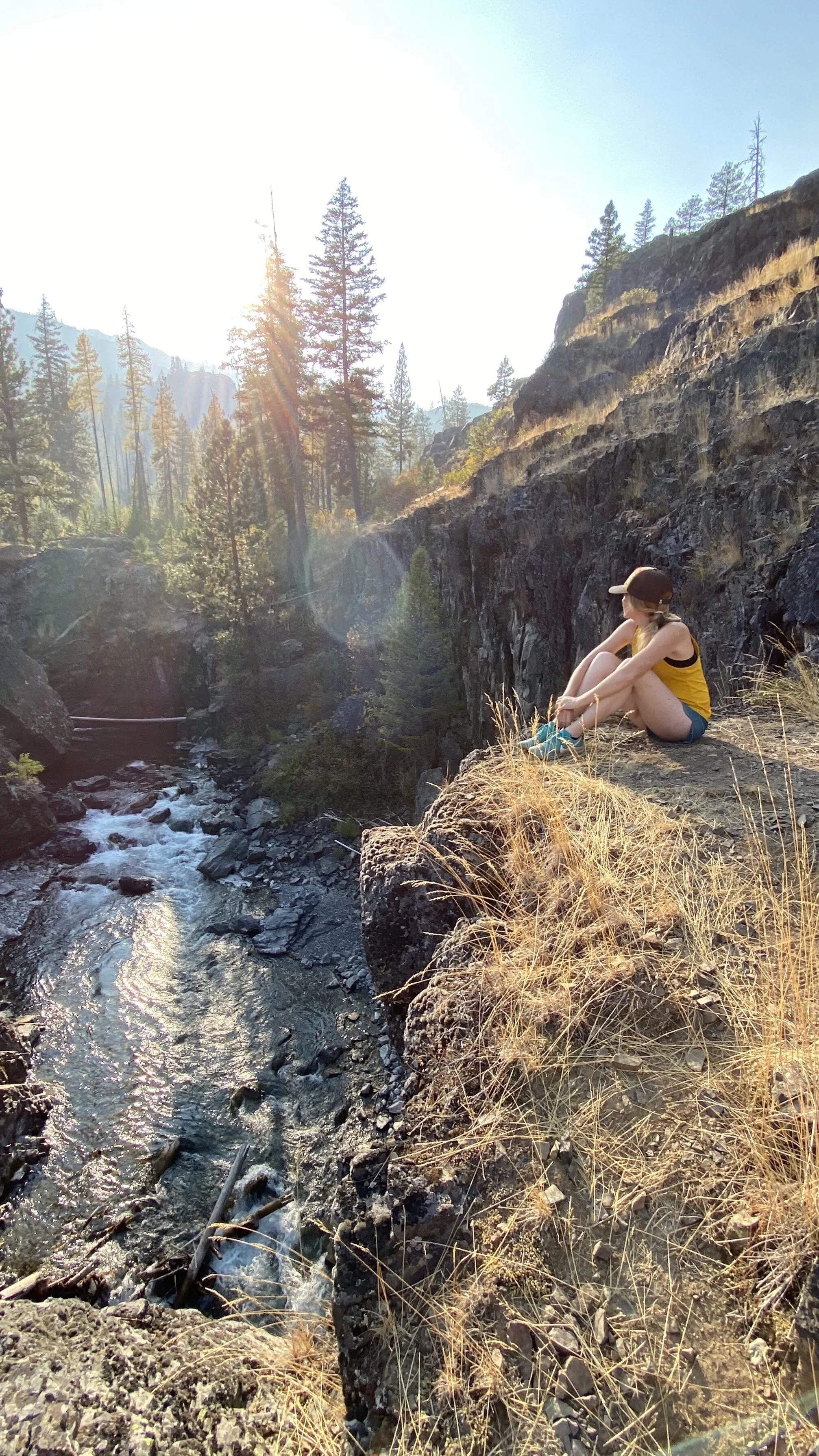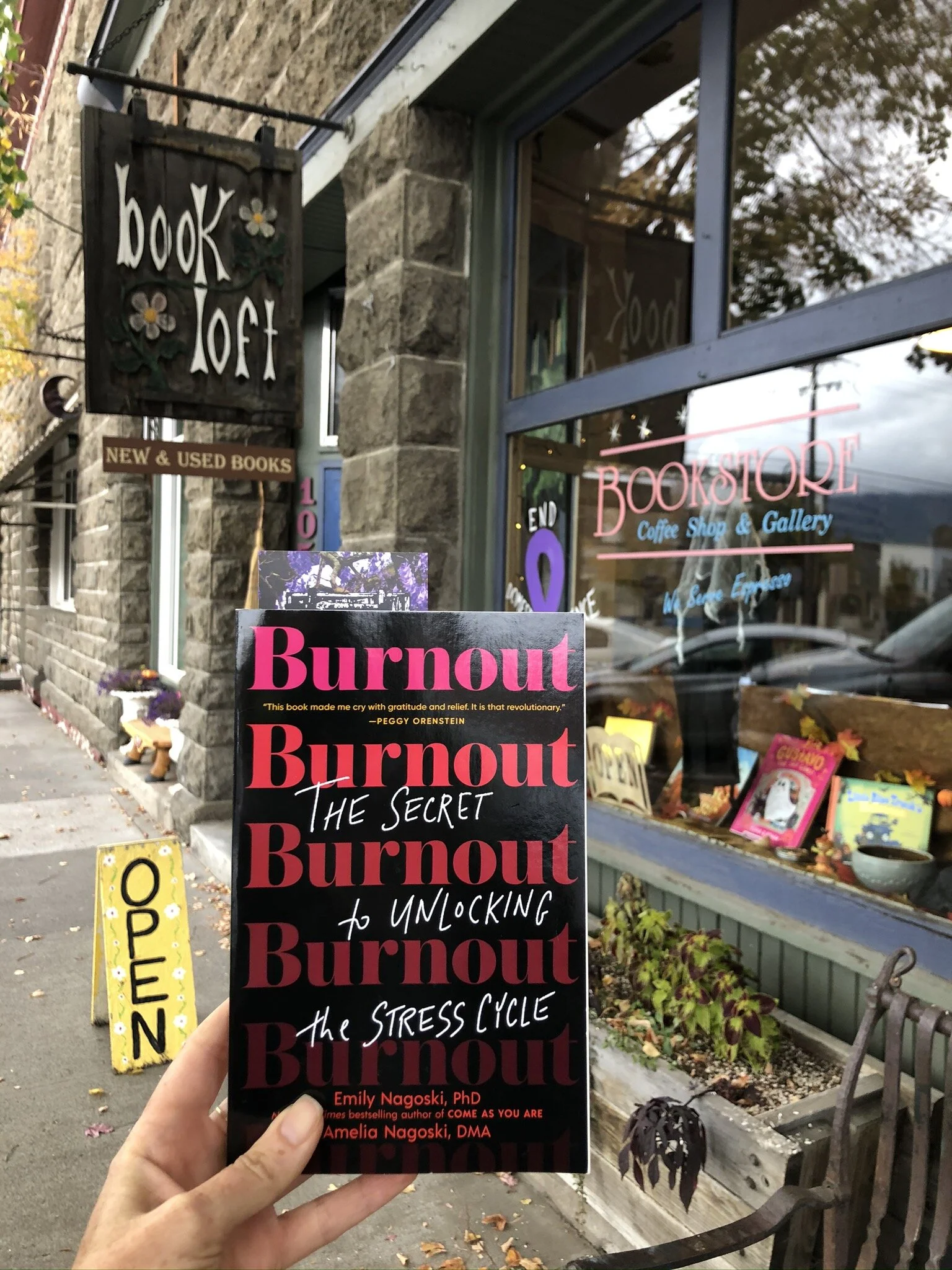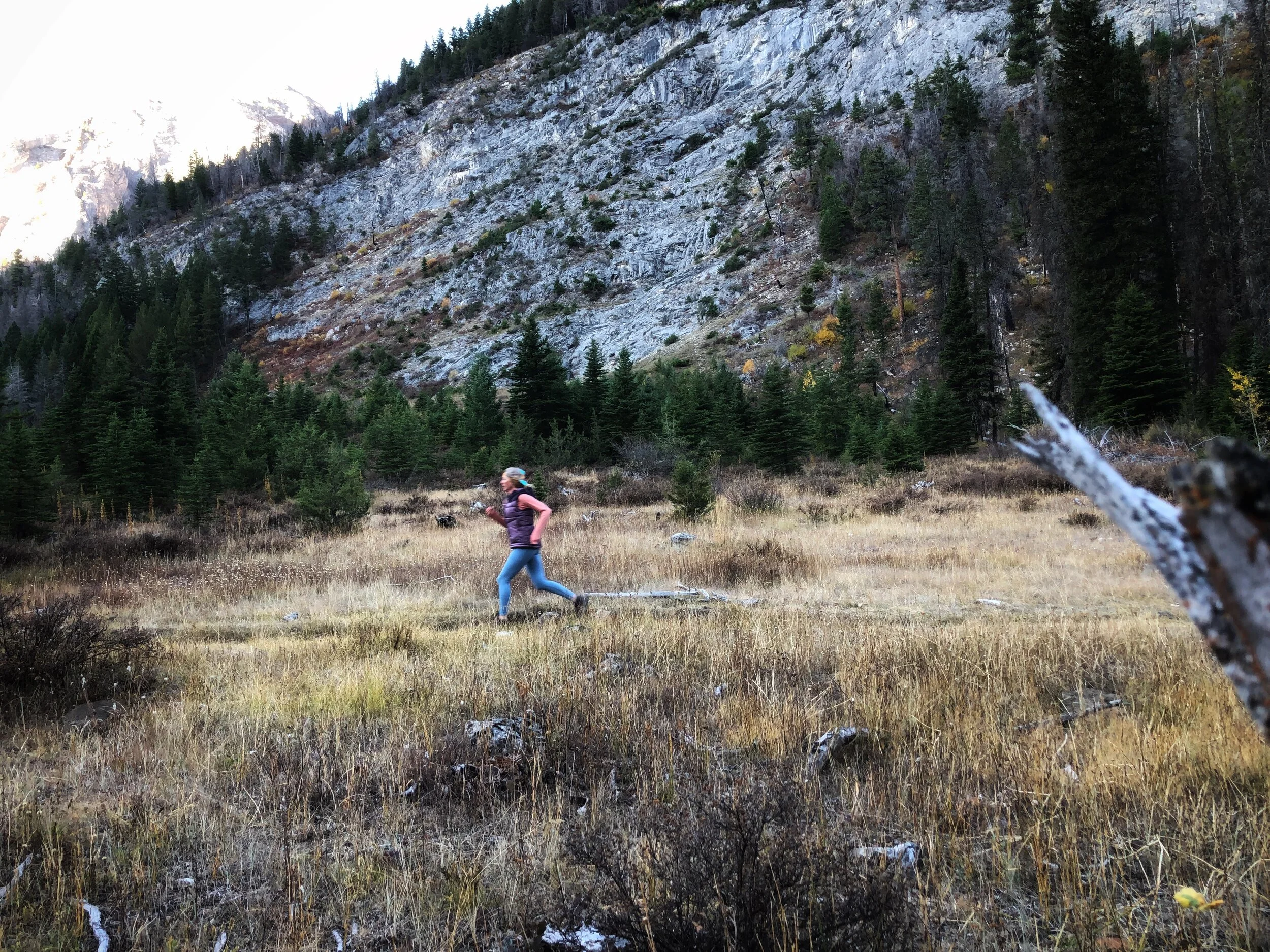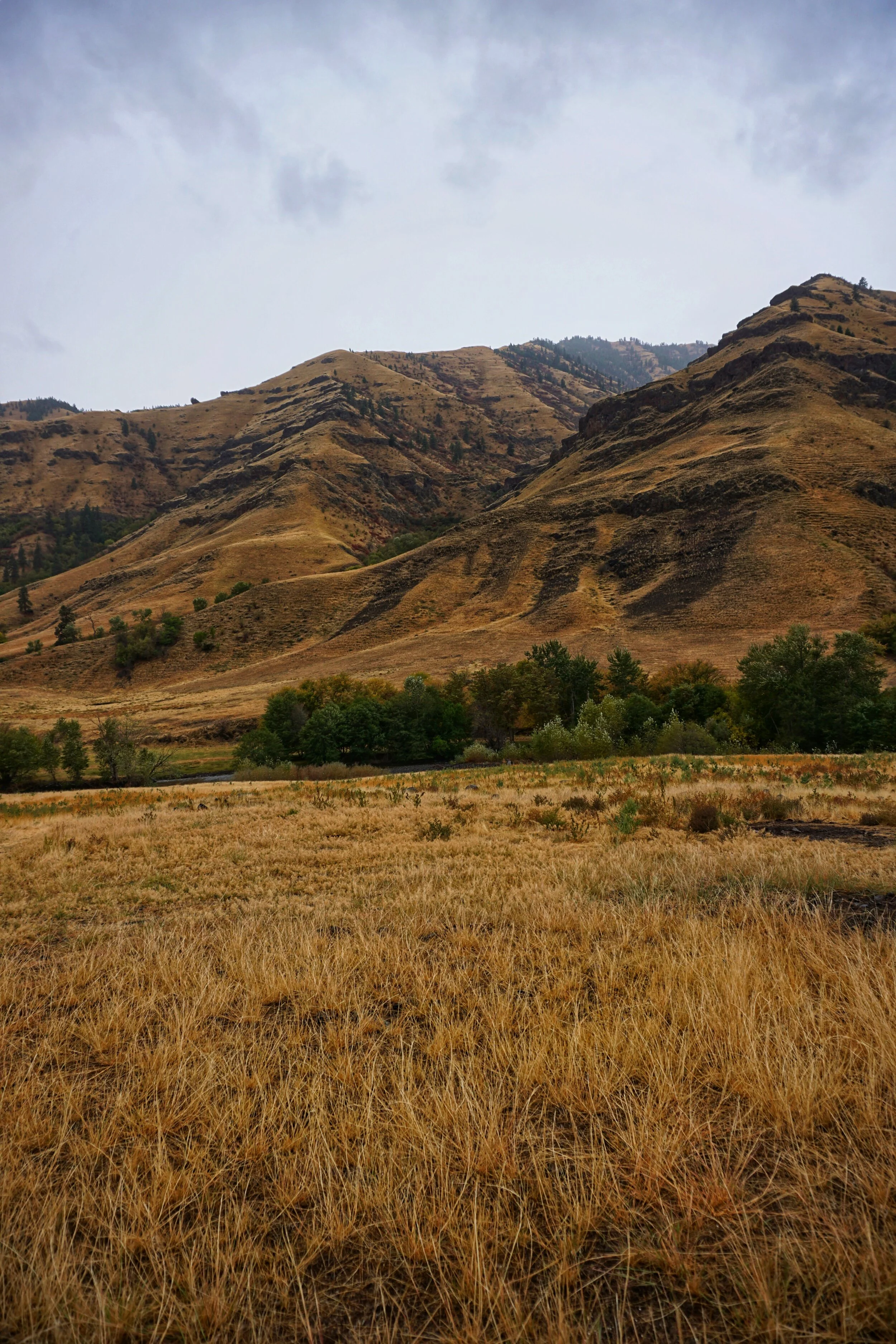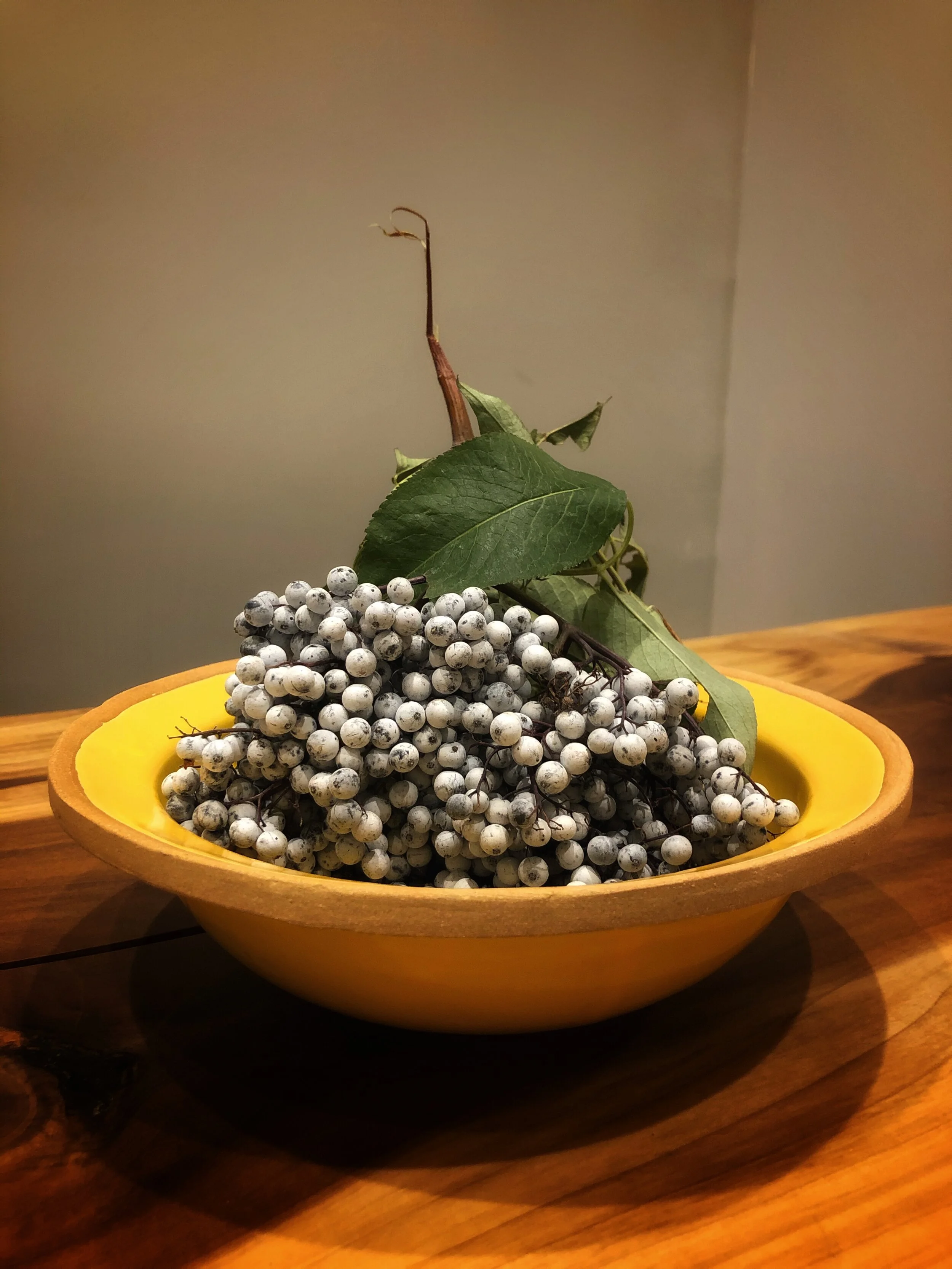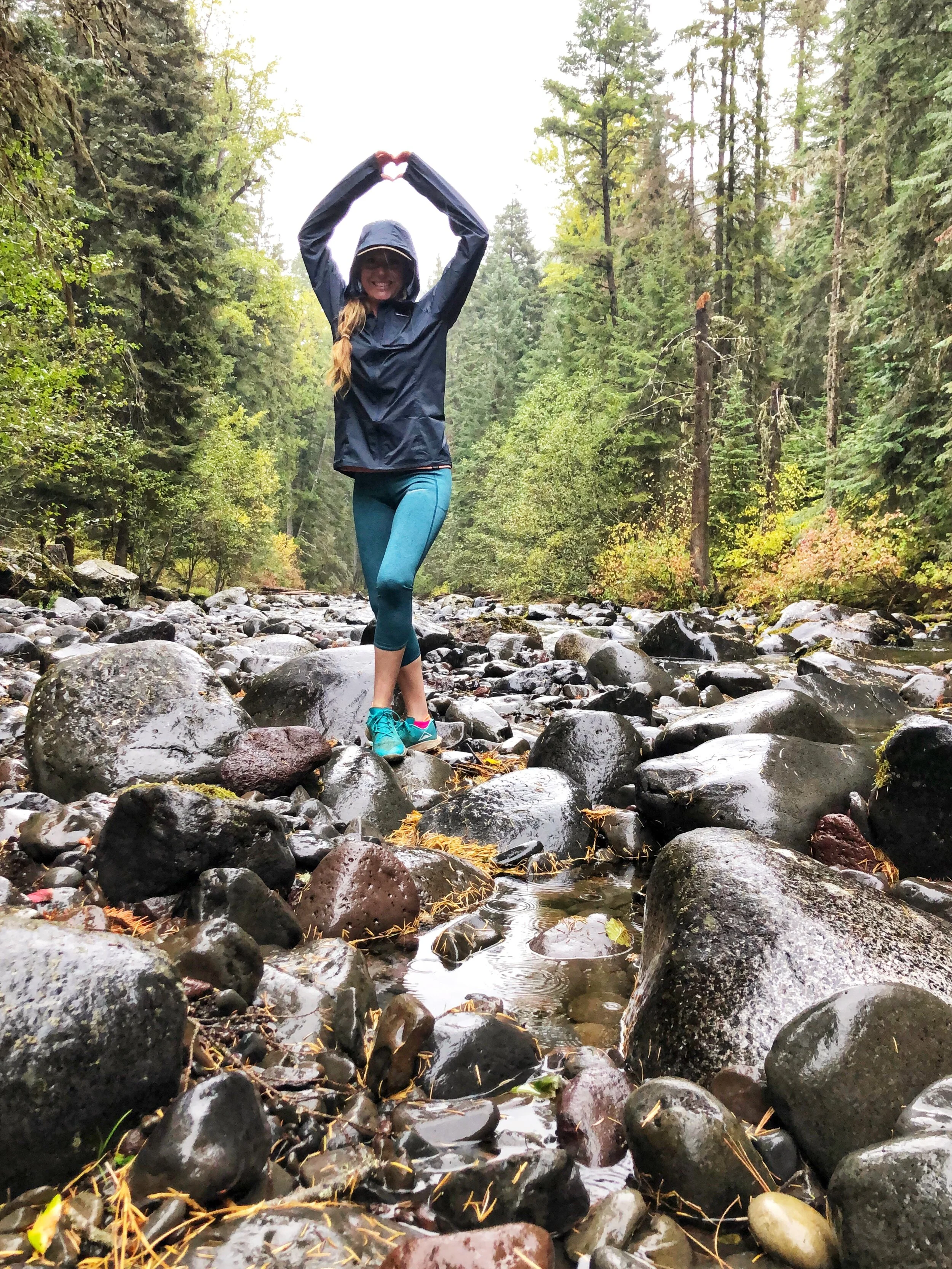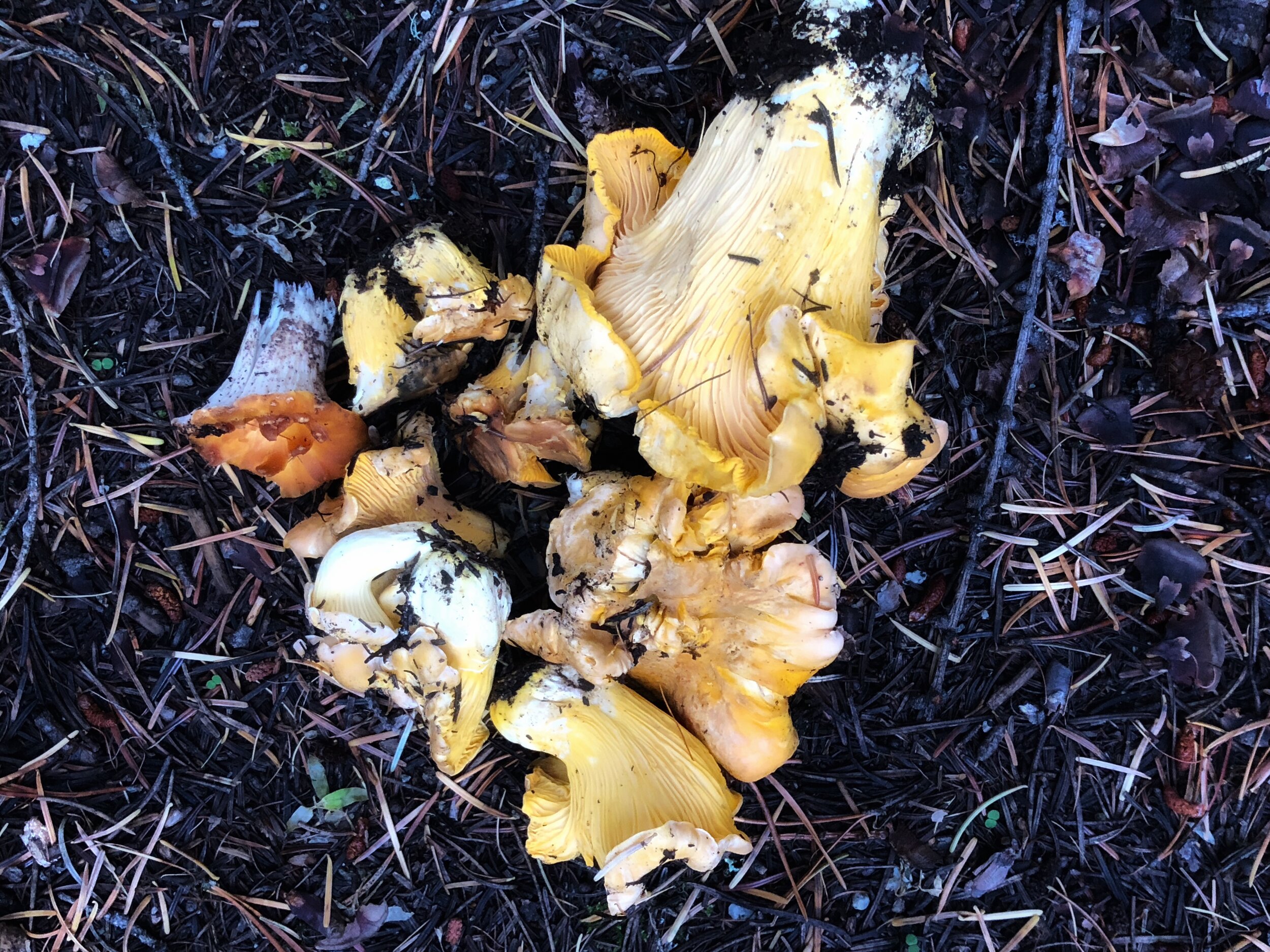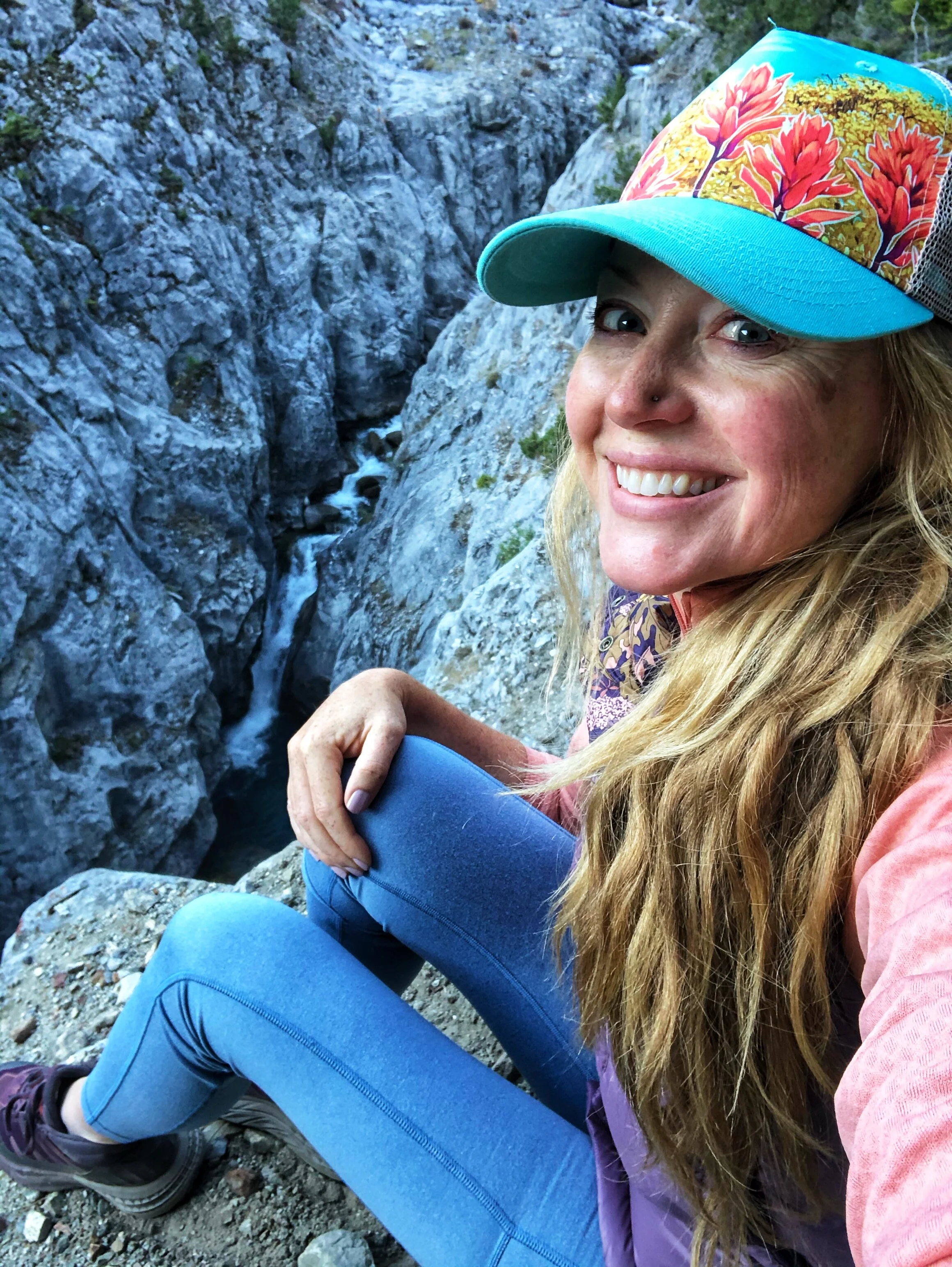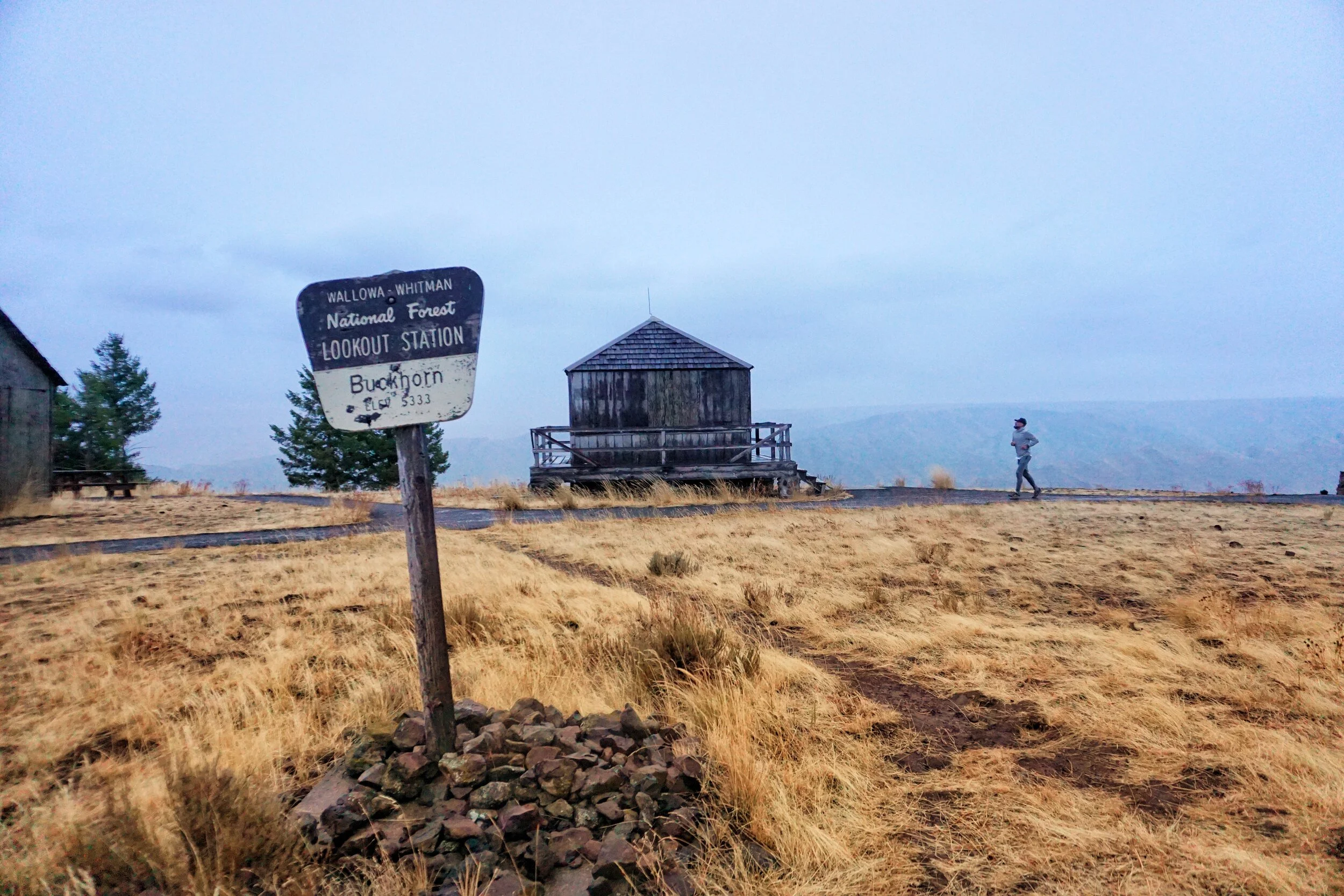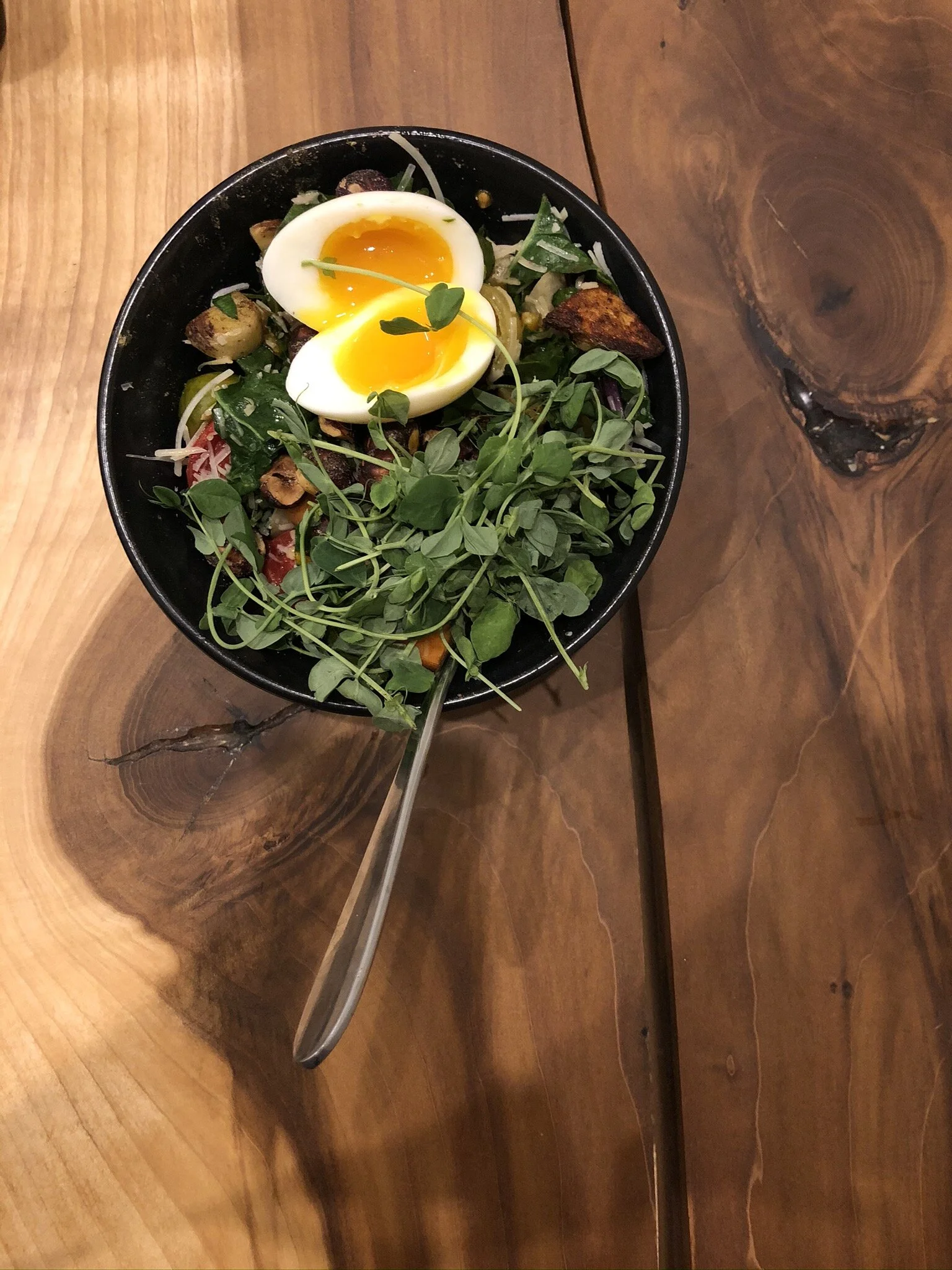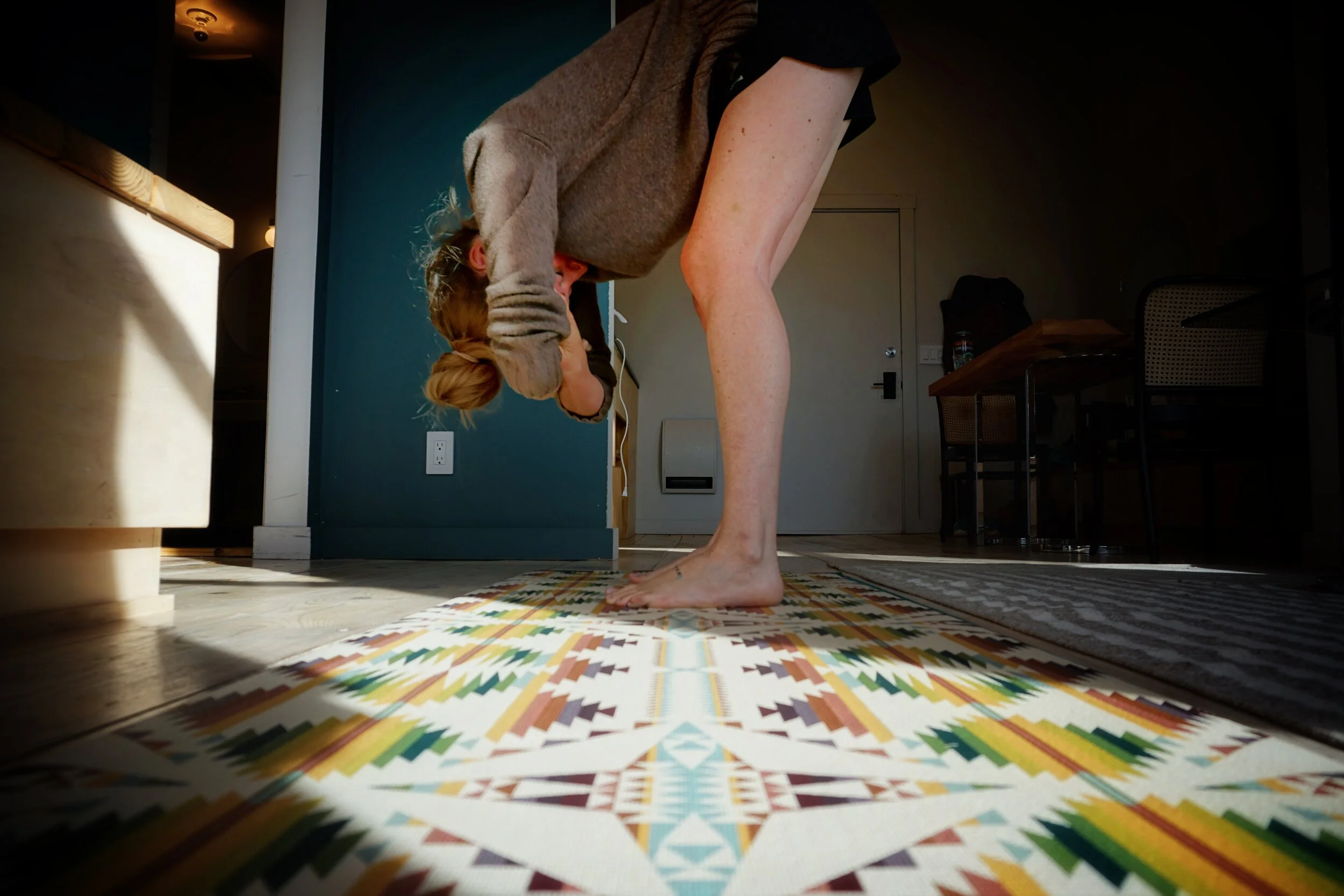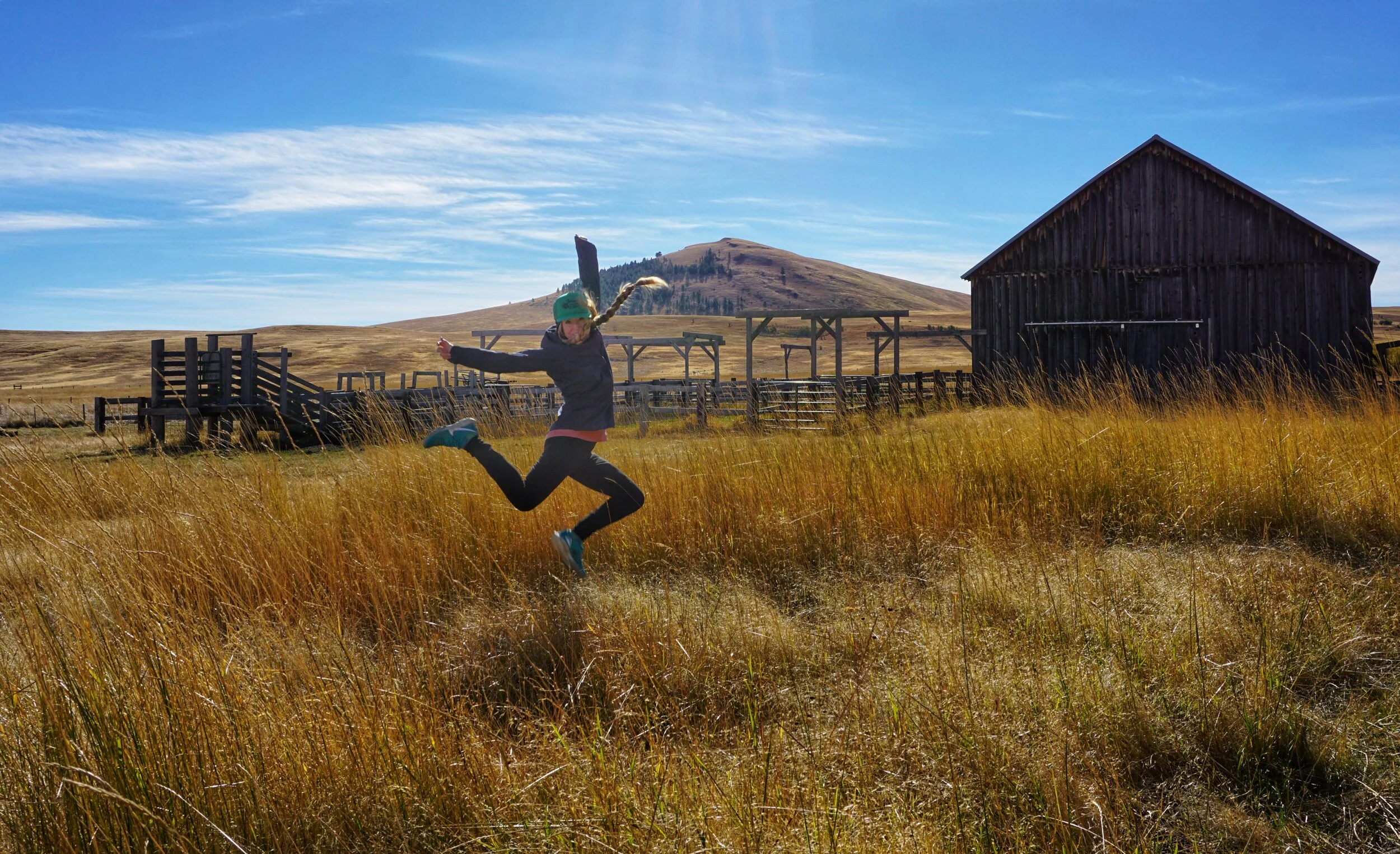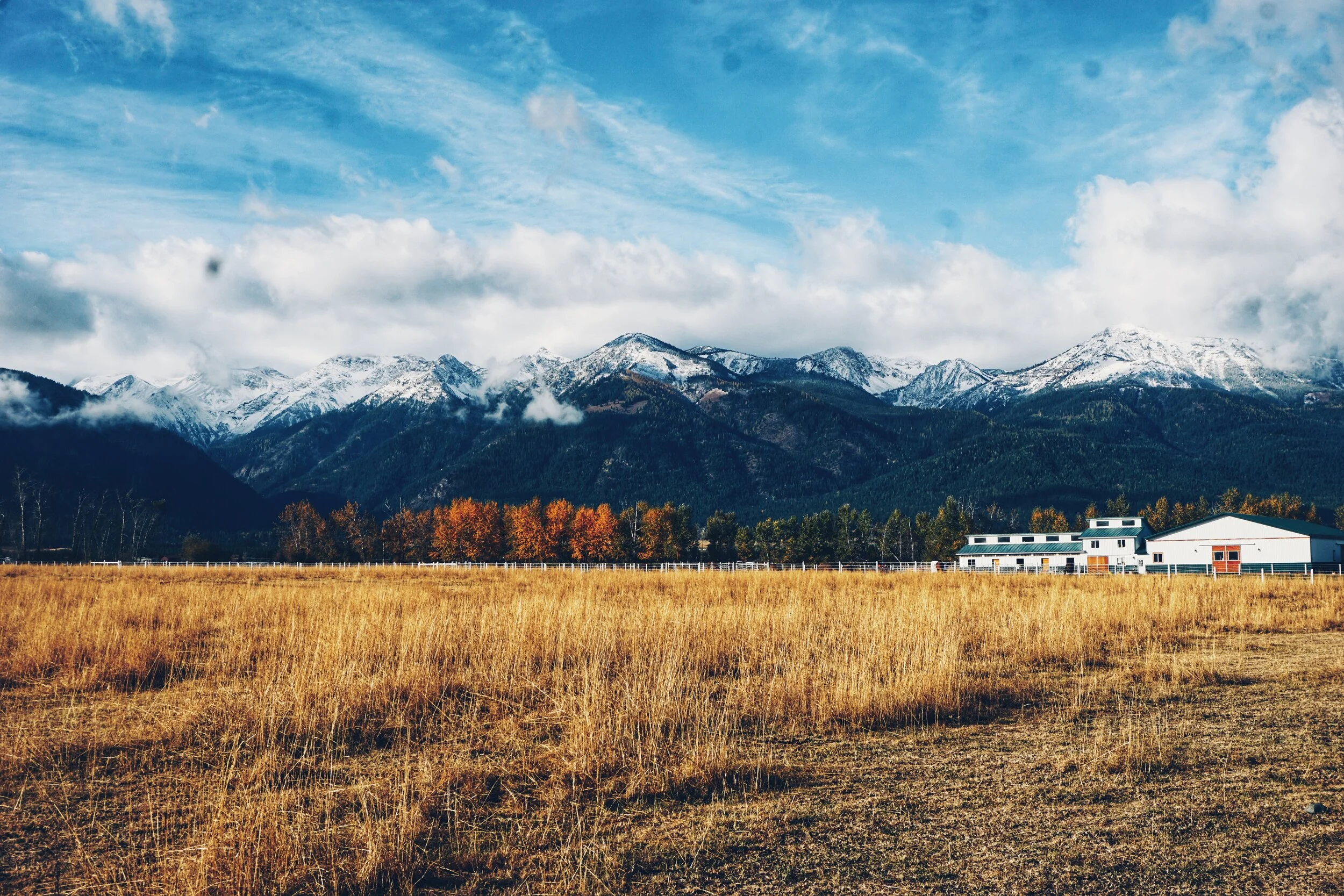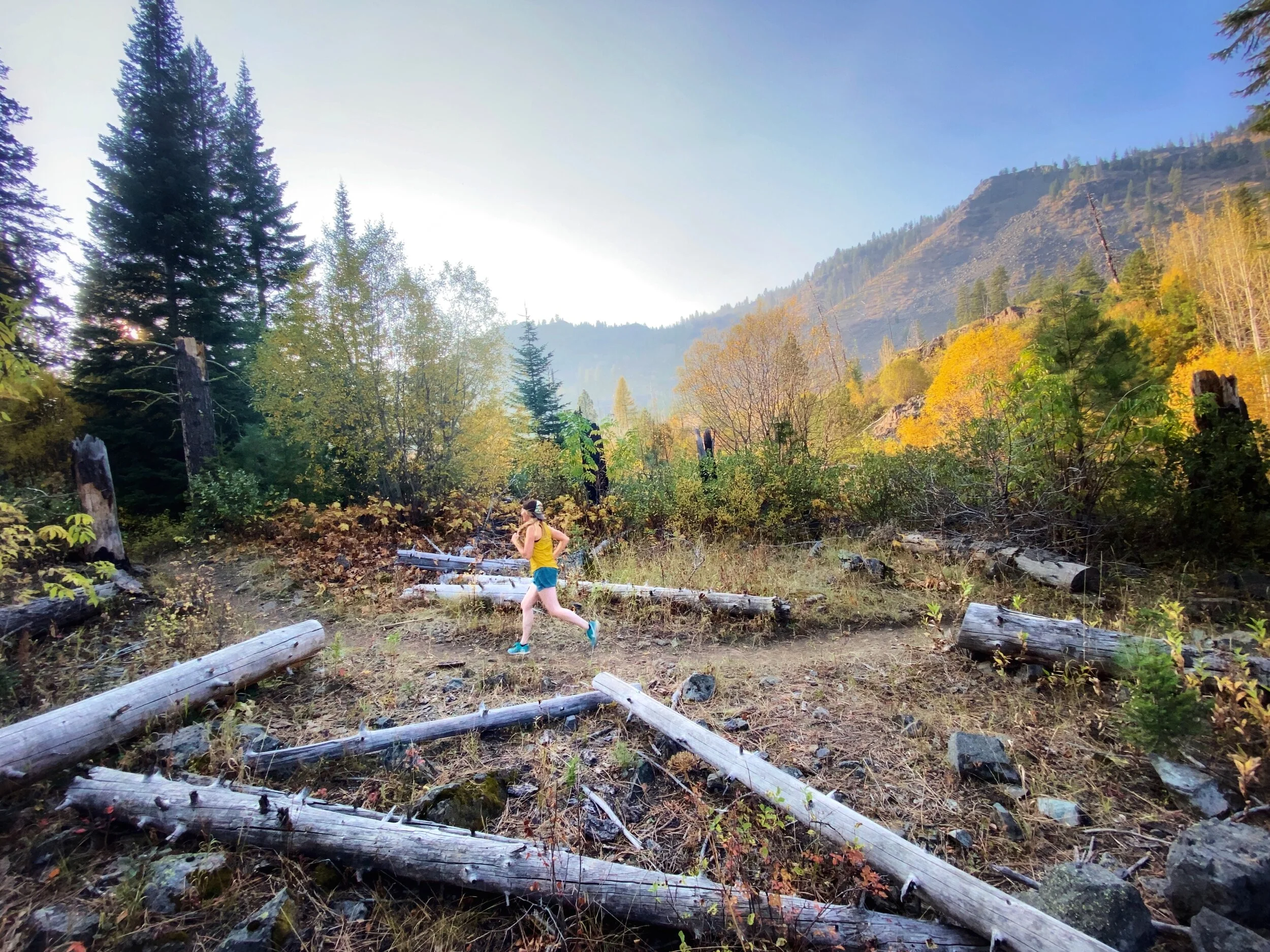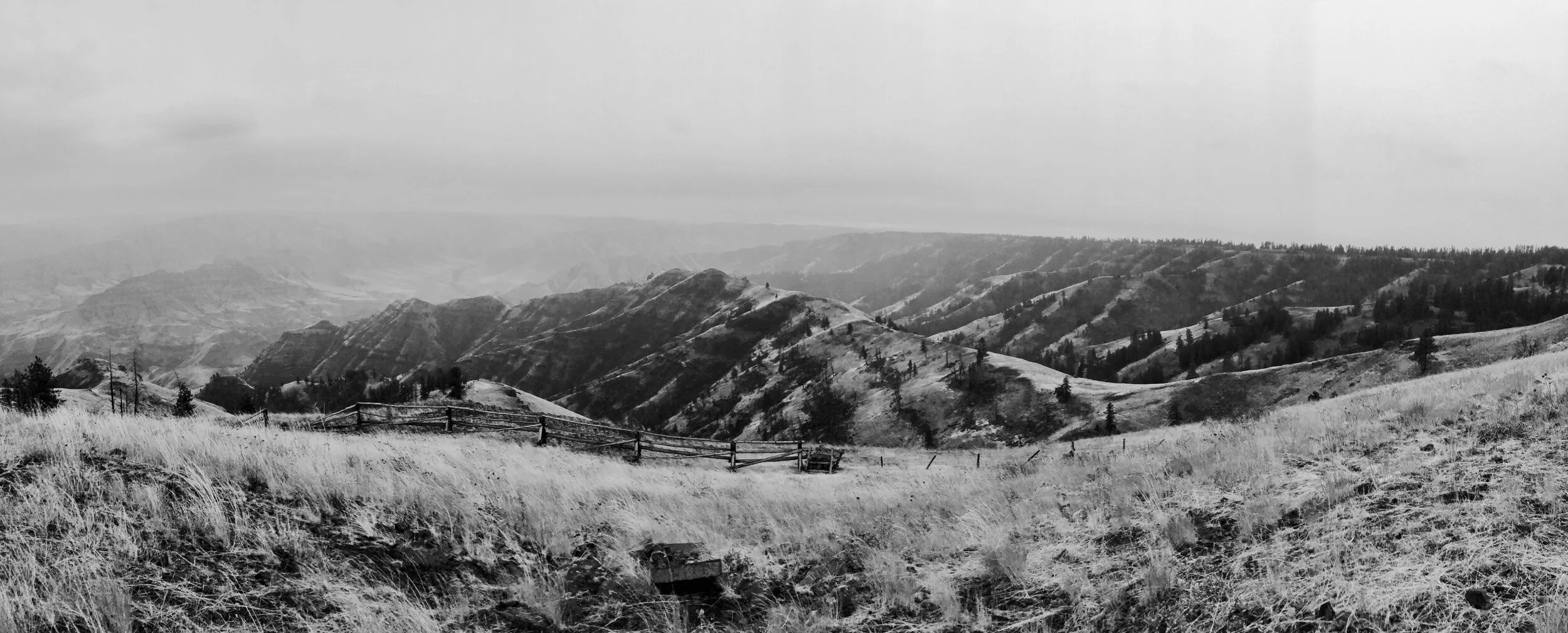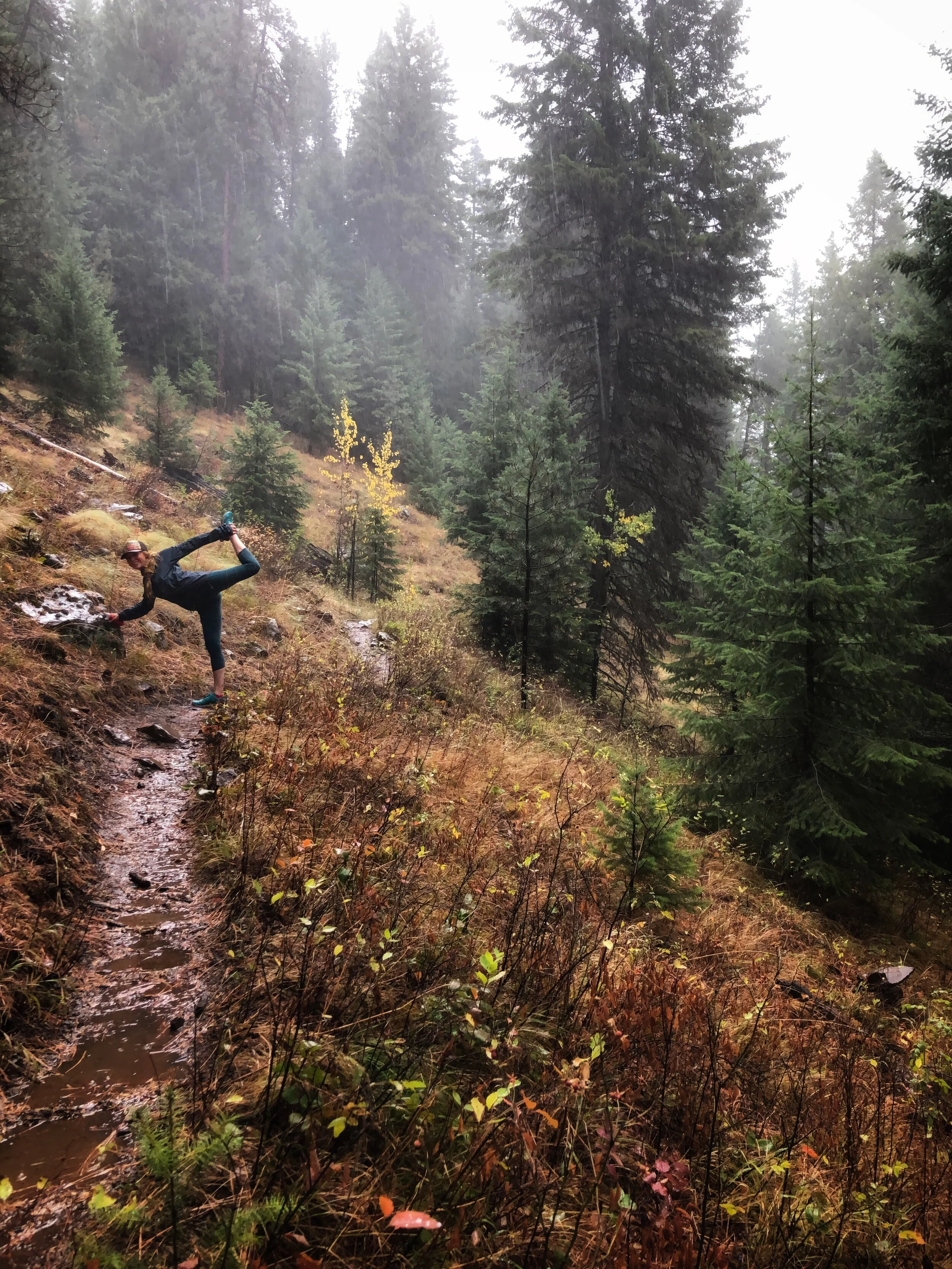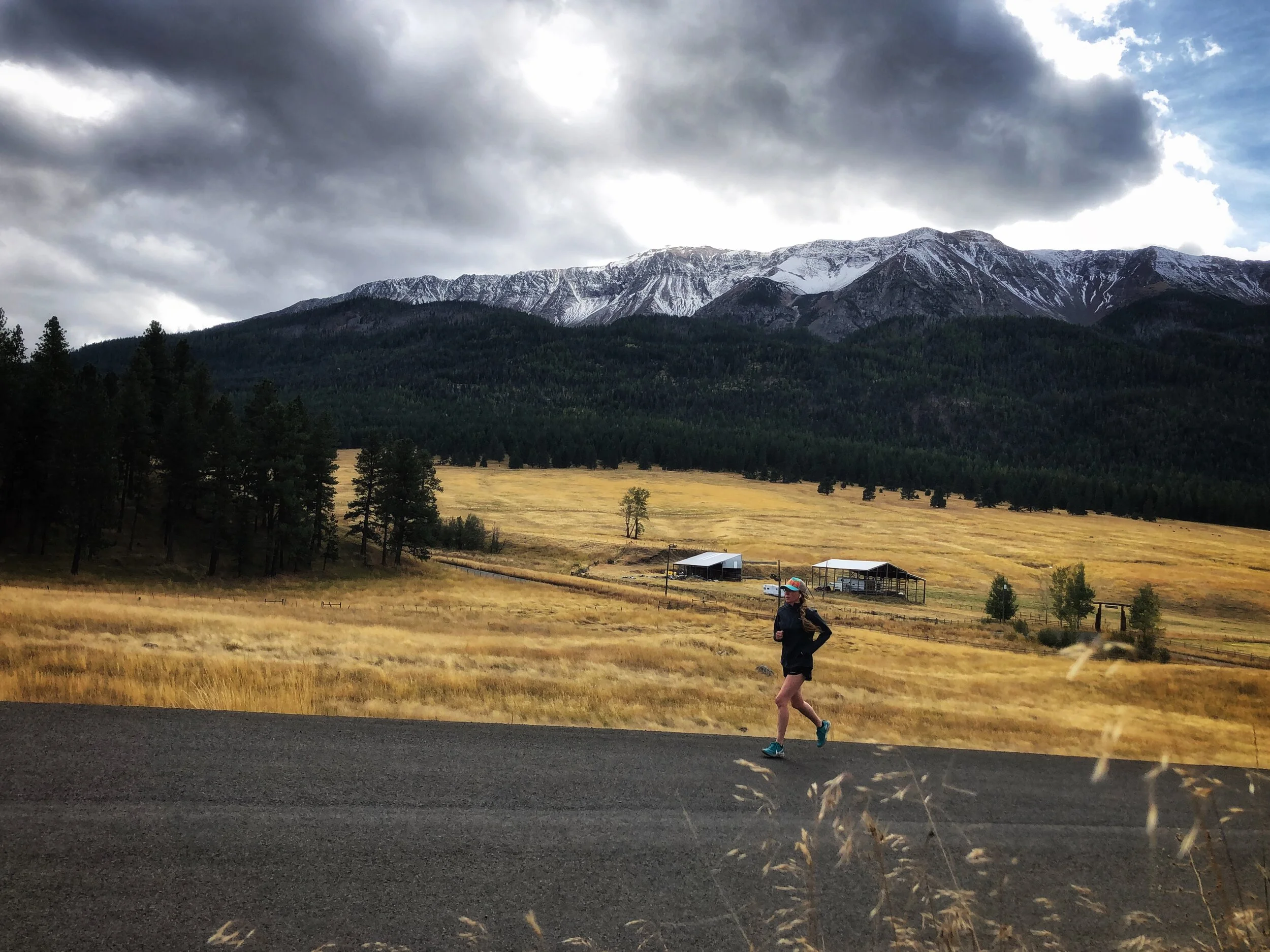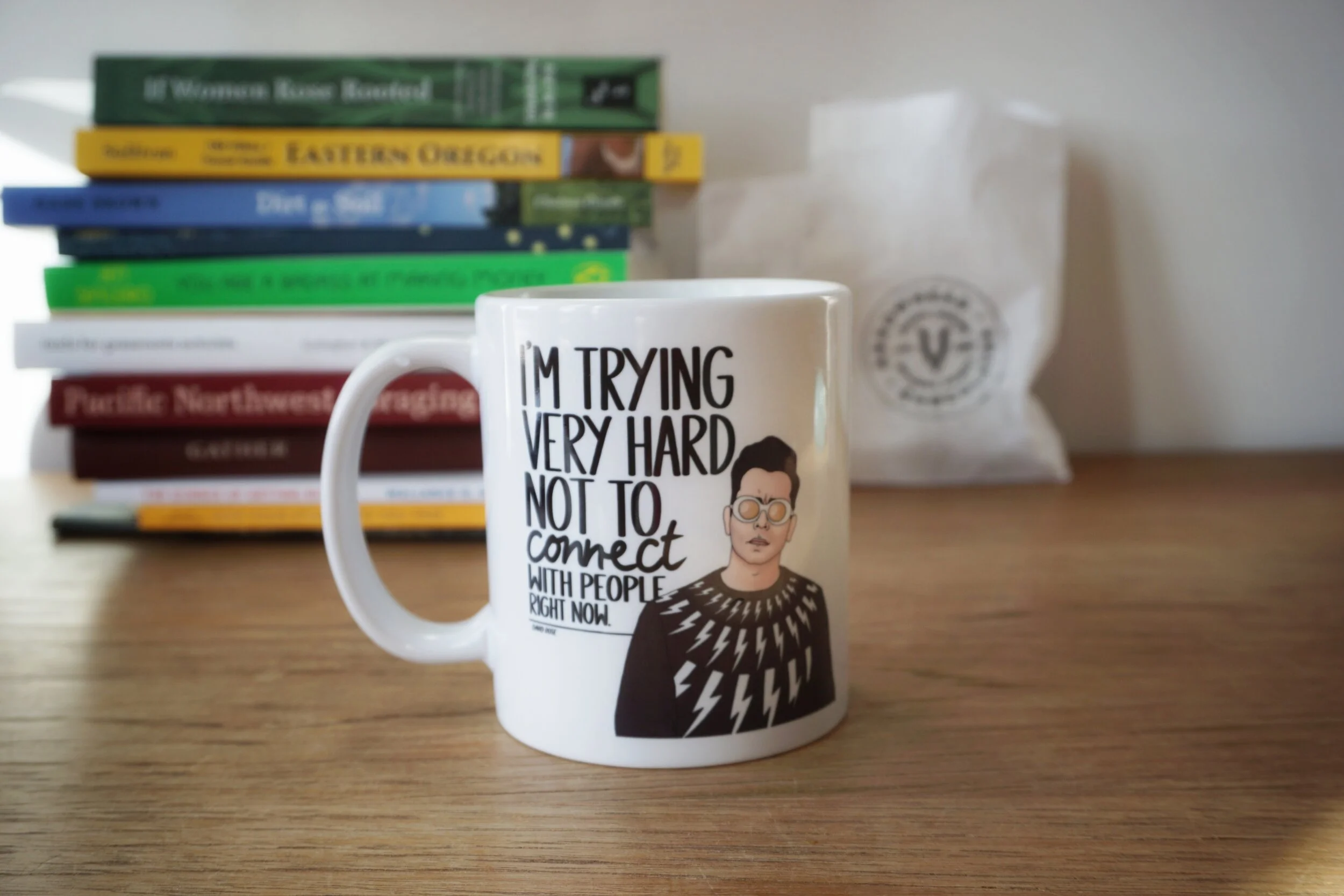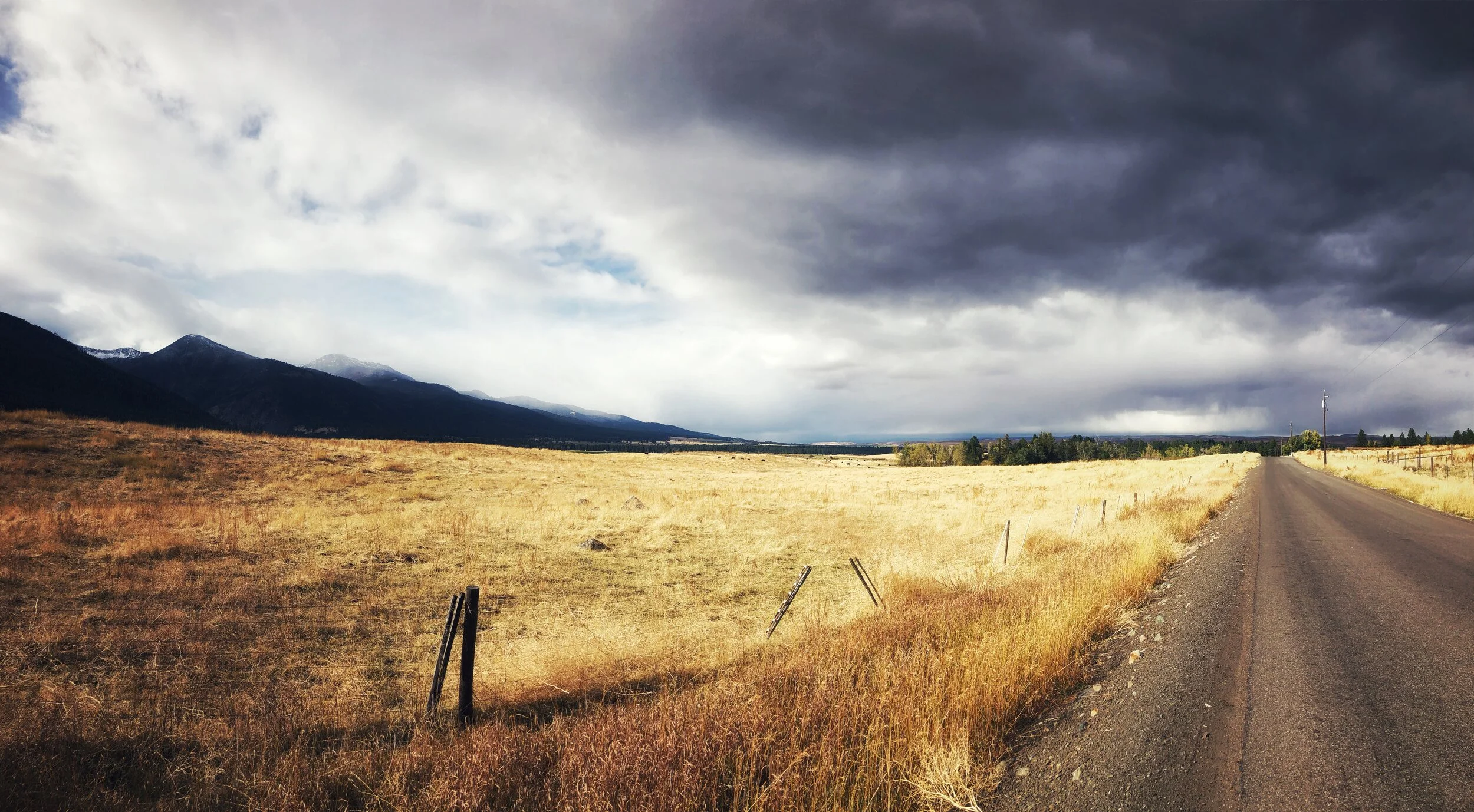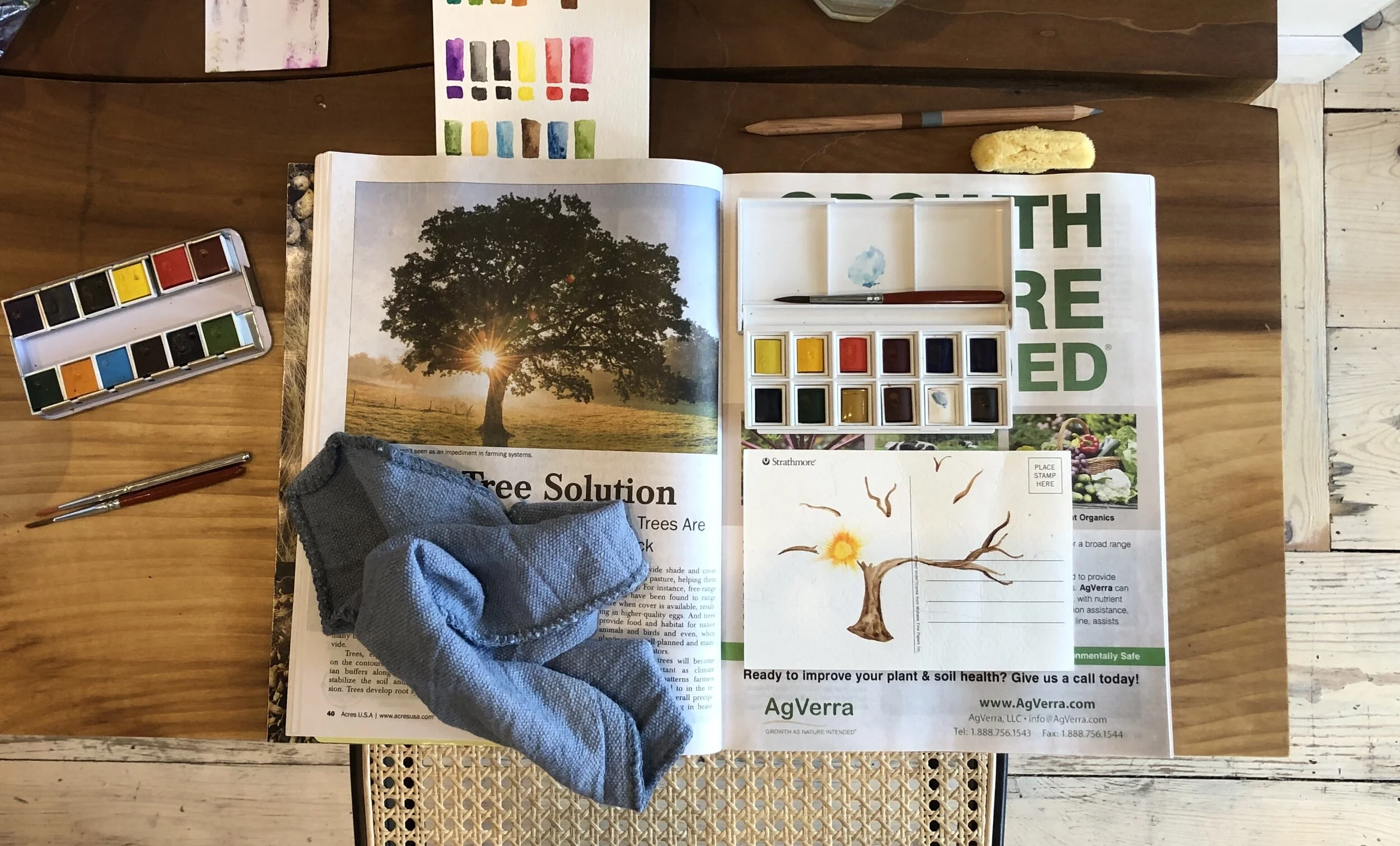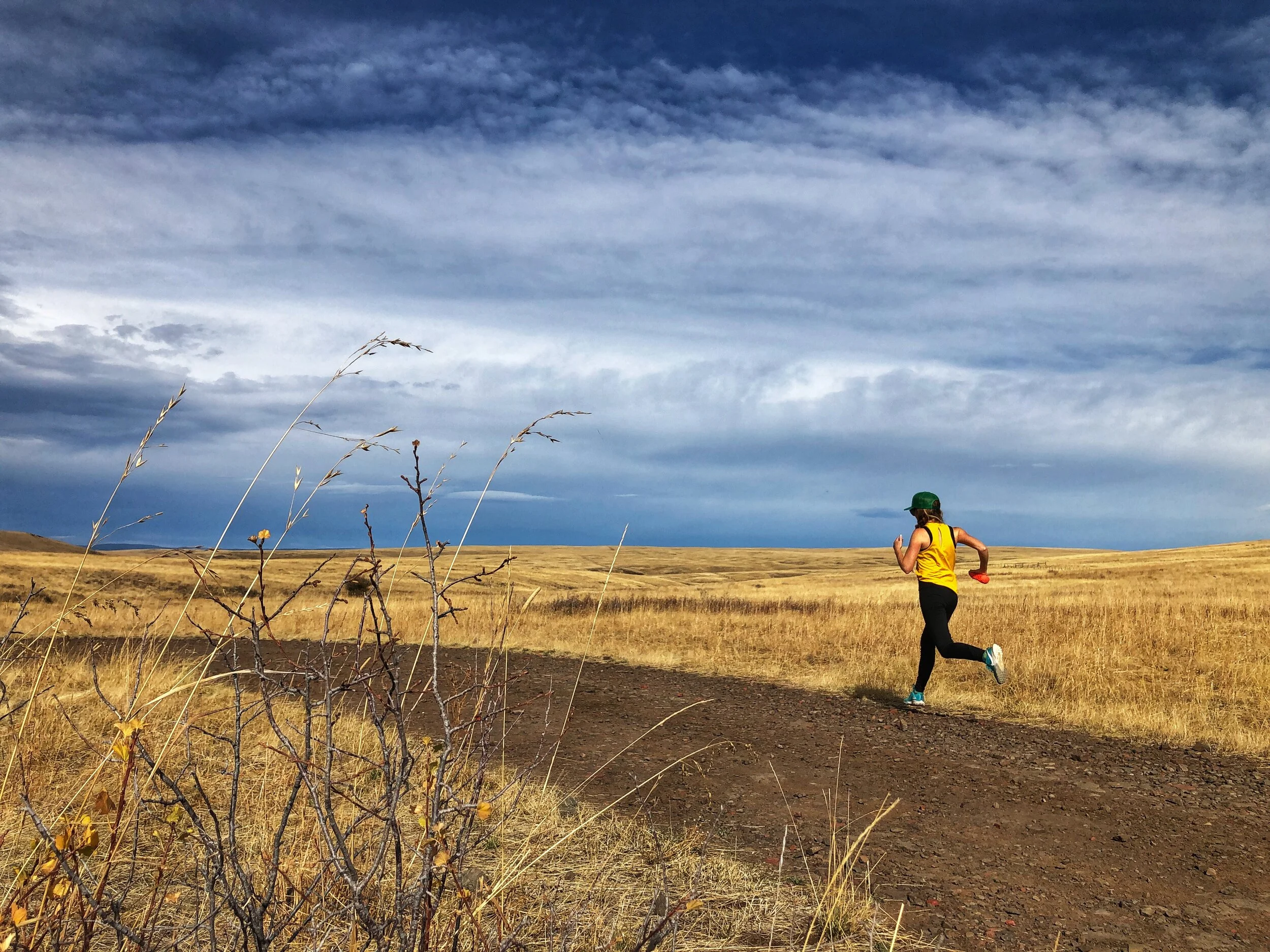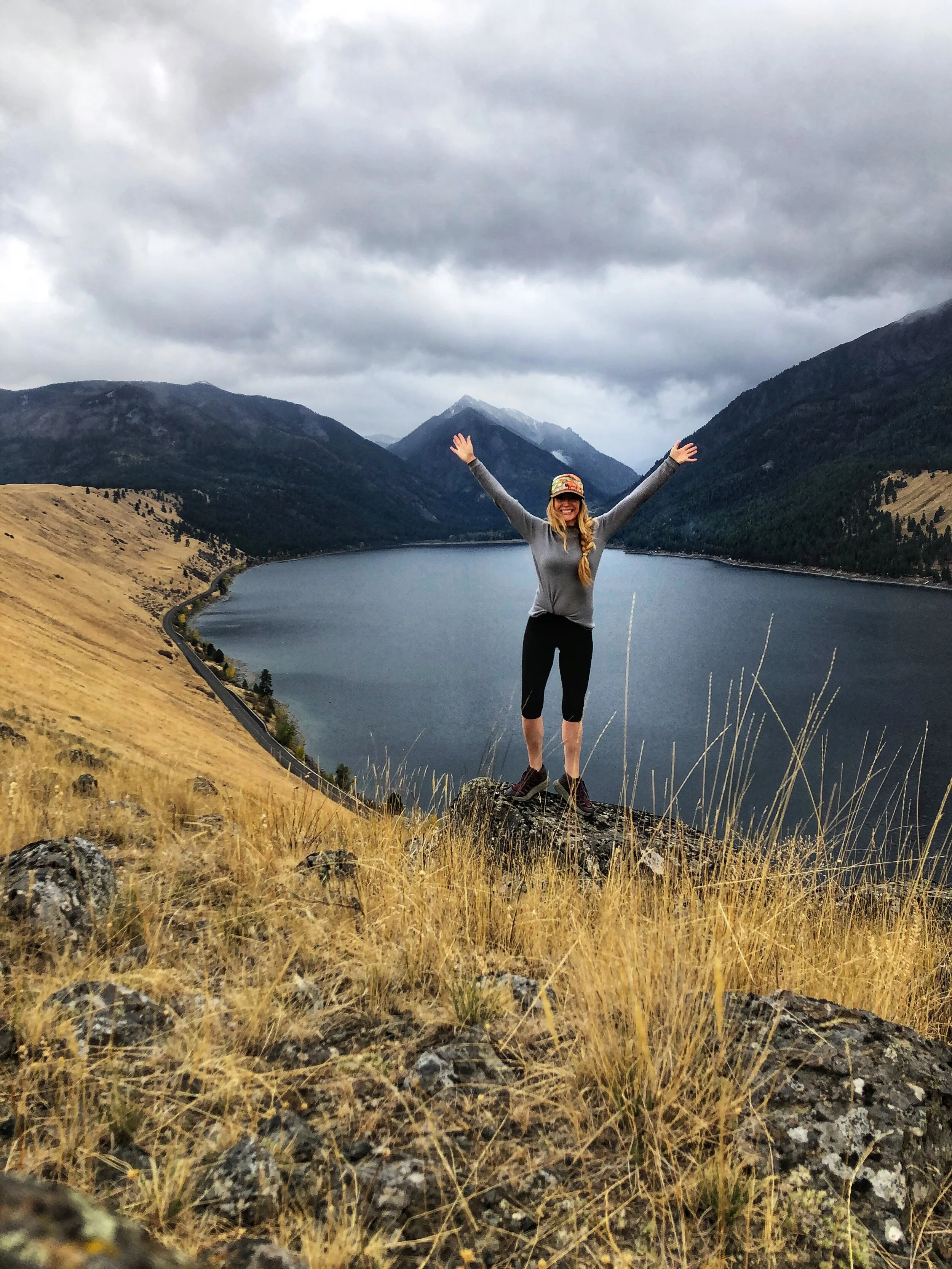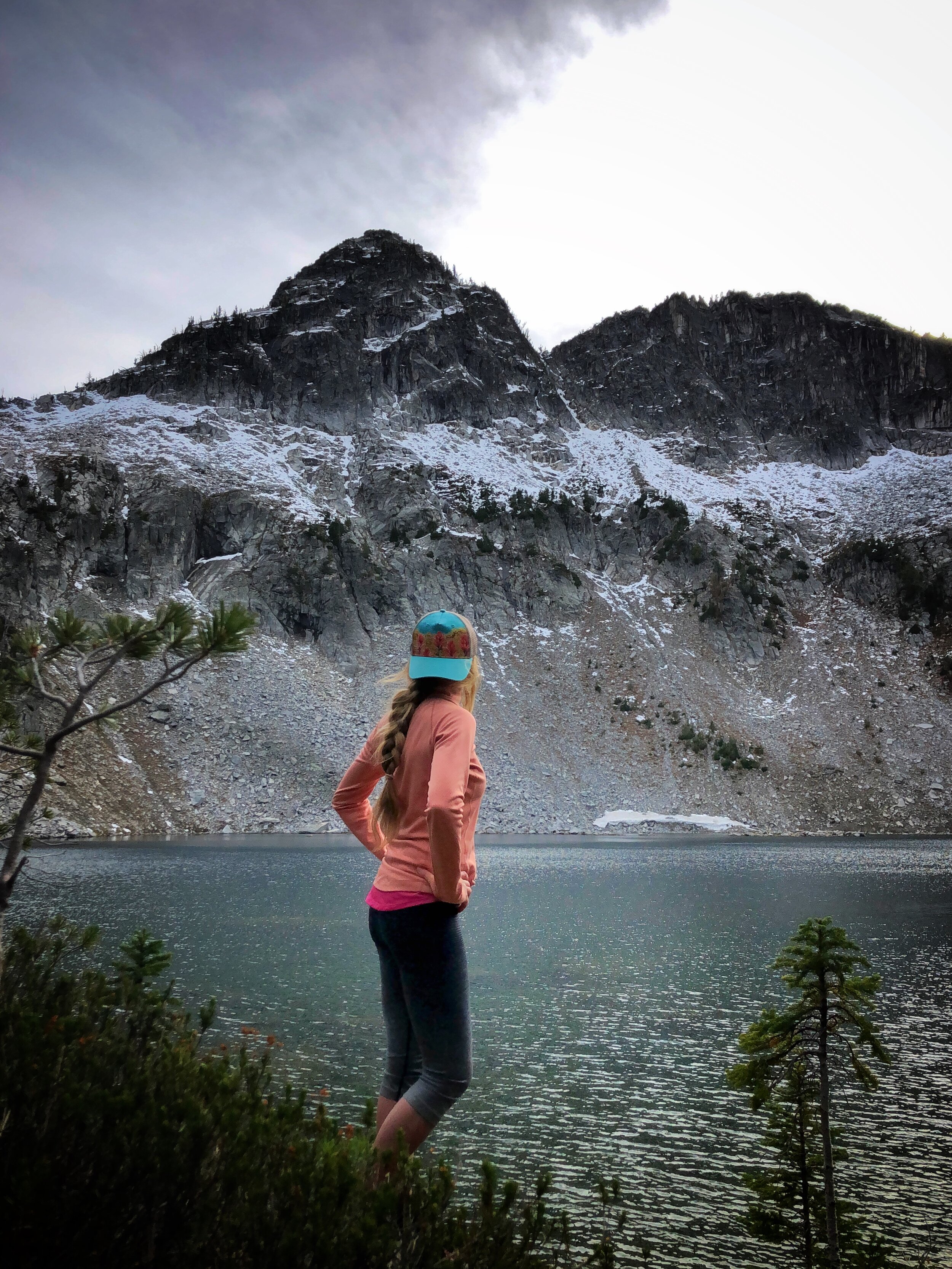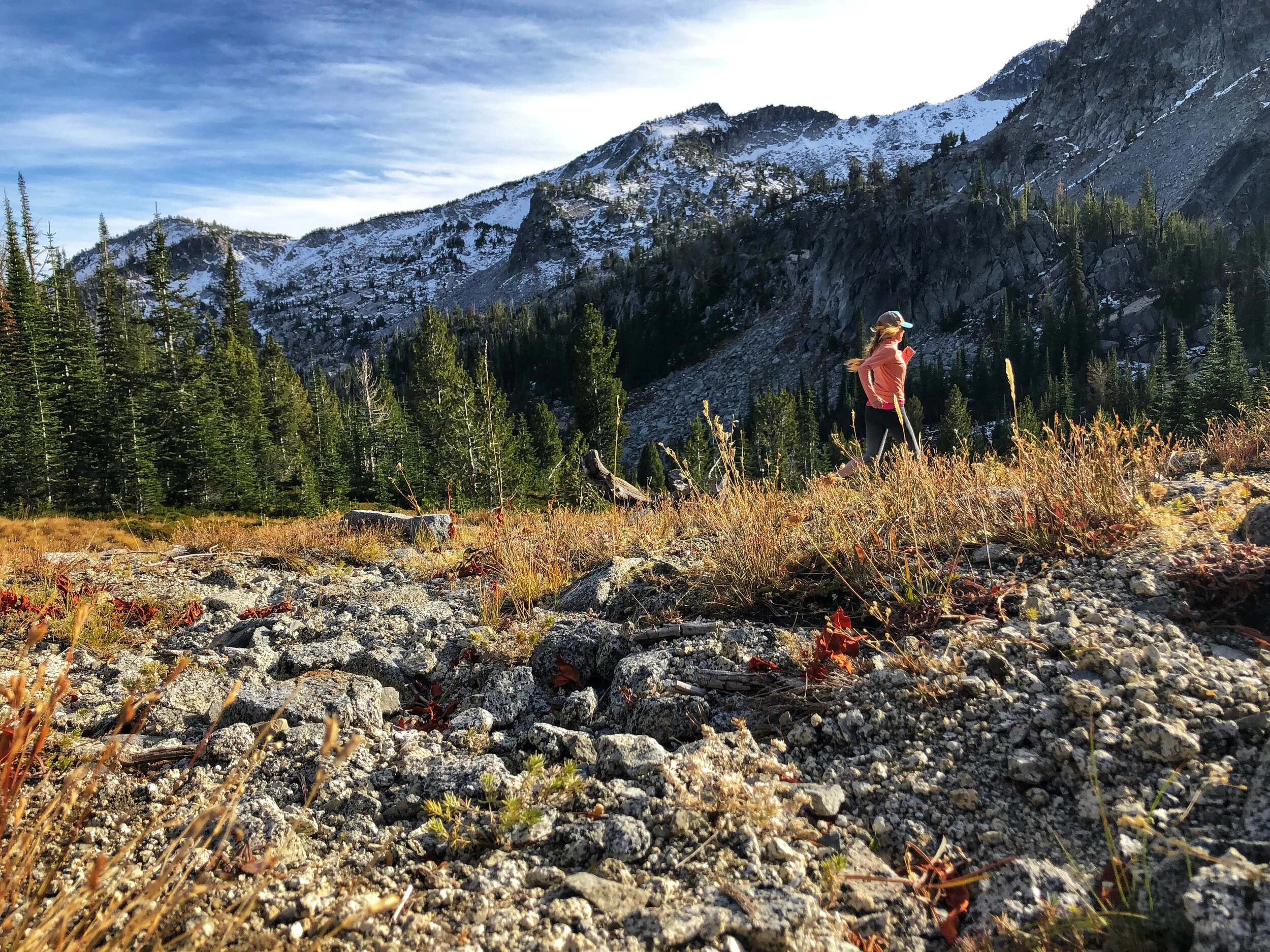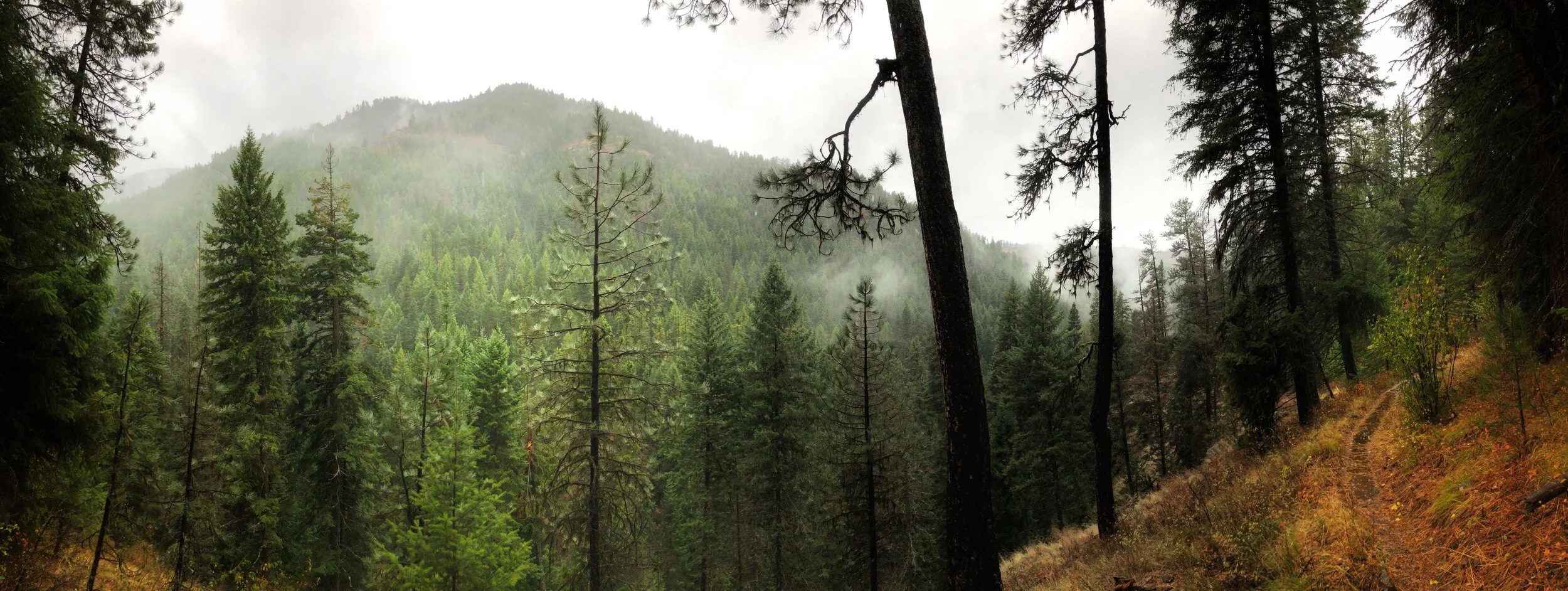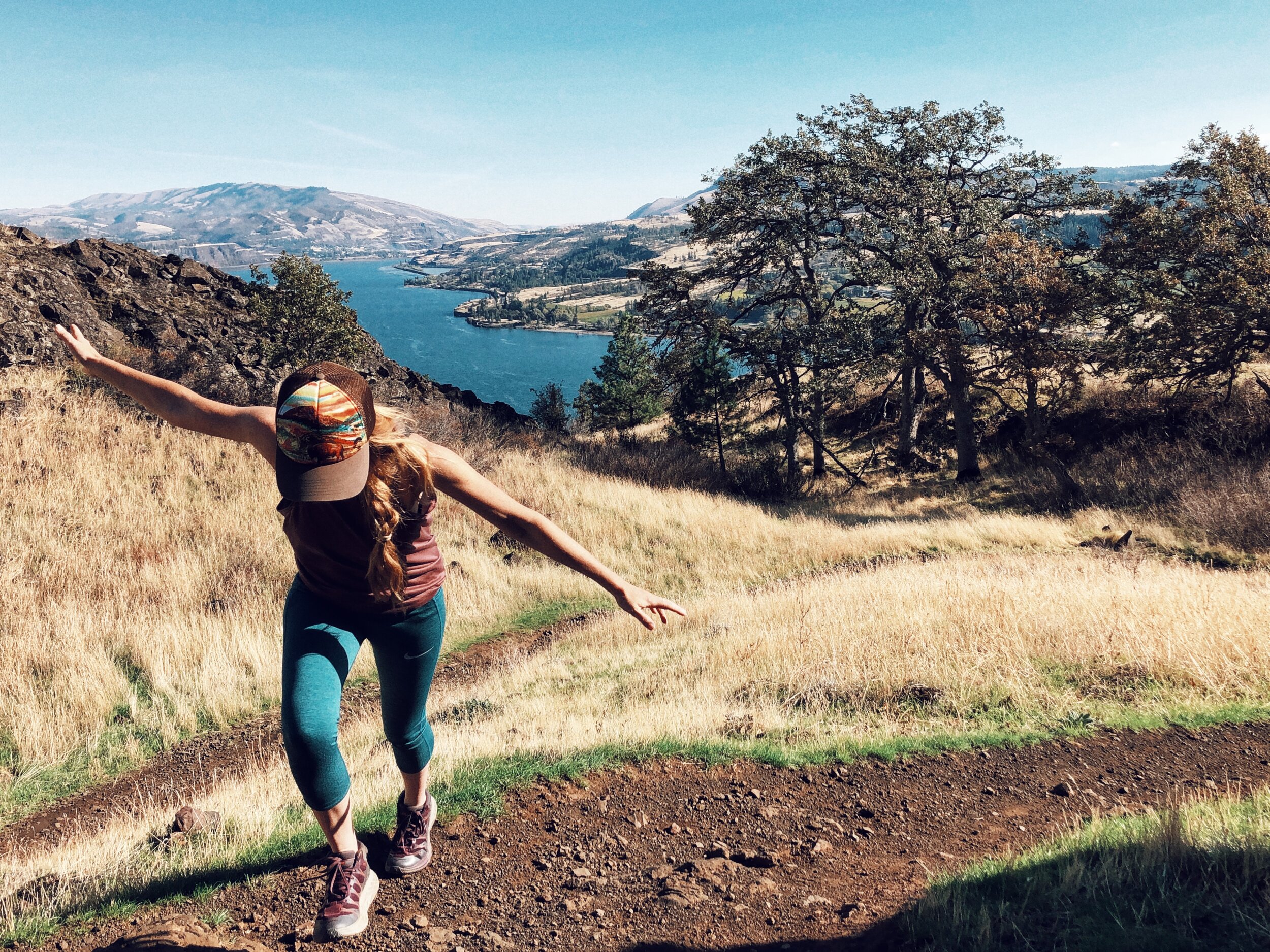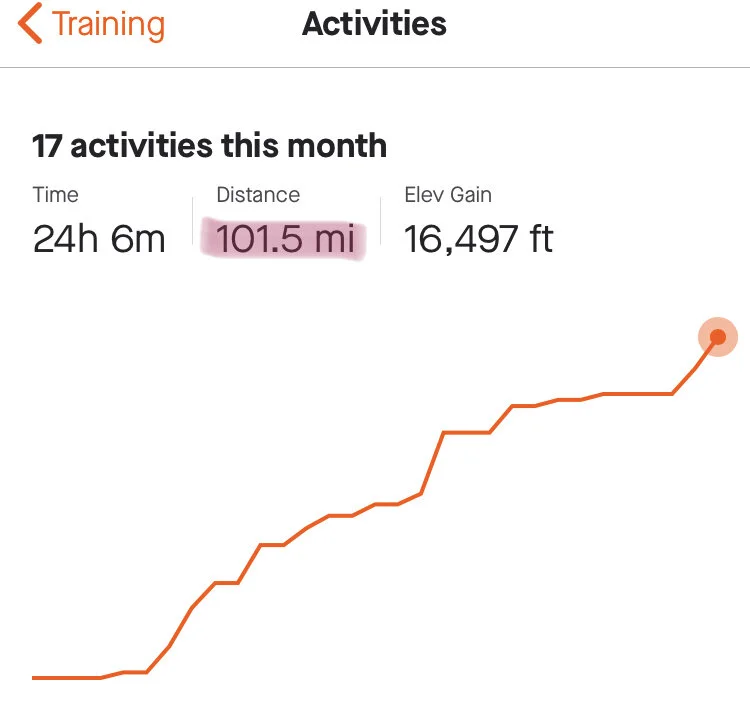You Need a Sabbatical
“You need a sabbatical.” These were words our former board chair, Ellen, had uttered to me while watching me work myself to a nubbin somewhere around 2015. I brushed it off, thinking that this was a word specially reserved for university professors, until it came back on to my radar while taking a workshop for executive director self-care at a nonprofit conference. The workshop leader, herself an ED, sung the praises of sabbatical for nonprofit leadership. She defined sabbatical simply as a time of rejuvenation to enable the ED to be more effective in their position. She cited the stats and stories around ED burnout and turnover, which are troubling. She invited us all to approach our boards with a serious conversation around developing a sabbatical policy. The BGO BOD took it very seriously and we worked for weeks to develop a good unanimously adopted policy that would support an annual three-week ED sabbatical, which we were able to pull off in 2017 and ‘18.
2019 was the roughest year that I have had as a leader at BGO – and the demanding and relentless days just did not lend themselves to me being able to take barely any vacation time, much less a sabbatical (or so I perceived, more on the elasticity of time later). But come spring of 2020 I was already feeling the burn of no respite from the previous year, mounting on top of all of the challenges that 2020 was serving up. Having no idea what I was yet in store for, I took a leap and blocked off the whole month of October, promising myself a retreat.
Cue the pandemic, civil unrest, online schooling, and then the fire. Every single BGO program was affected by every single one of these things. After finally feeling like we (myself and the BGO team) were truly finding our stride and settling into our niches of kid’s education and regenerative ag, it was all upended. We had to completely re-structure, re-invent, re-negotiate, and re-calibrate on a weekly basis.
Stressor, on top of stressor, on top of stressor.
I often wouldn’t get up from my desk – even to eat – for 13 hours at a time. My to-do list was endless, I always felt like I was behind, leaving someone waiting on me for something. But I kept pushing through, as I had a great sense of guilt for feeling bad about feeling bad. At least I have a job, at least I don’t have Covid, at least I don’t have to fear for my life when I go on a run, at least my house and my office didn’t burn down.
By the time October 1st rolled around – by all intents and purposes – while not every program was executed perfectly, we had had a successful year. Dartmouth College had gone remote, so we got to hang on to our intern for an extra few months - who was a tremendous help. We brought on another team member to write curriculum for our massive virtual education project. We collected thousands of bees and many pounds of soil for habitat project data. I still gave talks and workshops around the county – remotely. We found a rancher partner to bring our pasture project to the next level. I wrote successful grants. The BGO board worked hard on development and had good, awkward, open conversations about racism. Our bees are healthy. And we worked with an event manager who helped us to pull off the most successful Hive to Table fundraiser that we’ve ever had.
Also by October 1st – I could see every rib through my skin, my hair was coming out by the handful, I was having epic mood swings, and waking my sweetheart up at 2am to help me process my to-do list. I was turning to alcohol to tame my crippling anxiety from the relentless smoke, strong winds, news of one more loved one who had lost their home, and pandemic-caused social isolation. Not exactly a great combination for an effective leader, which was obvious to many – and I received a warm and gracious farewell from my board, collaborators, family, friends, and social media fam, as I headed into sabbatical.
I buried myself in a room in Wallowa County for two and a half weeks; turned on my email auto response, cleared social media and email off of my phone, and let the sabbatical take hold.
Through a podcast interview with Emily Nagoski and Amelia Nagoski I learned all about this word becoming common in our vernacular, “burnout.” The Nagoski twins research defines burnout as what happens when your body can’t complete the biological stress cycle. Stress will compound in the body – and compound, and compound. Some deep breathing wasn’t going to make my hair grow back, I tried that - it didn’t work. According to the data - physical activity is the very best thing you can do to complete the cycle and help your body process and shed the damaging effects of stress – so I set a lofty goal to run 100 miles during the month.* If you’re interested in learning more about the science of burnout, I highly recommend this Brené Brown: Unlocking Us podcast with the authors of Burnout: The Secret to Unlocking the Stress Cycle.
I also decided to take the “Sober October” challenge and not drink alcohol for the month. I’m forever thankful for Annie Grace’s book, The Alcohol Experiment: Expanded Edition: A 30-Day, Alcohol-Free Challenge To Interrupt Your Habits and Help You Take Control. This made the month a supportive and fascinating data-based experience.
Other books that I started, continued, or finished were:
· Dirt to Soil, by Gabe Brown
· Grain to Grain, by Bob Quinn and Liz Carlisle
· Eleanor and Franklin, by Joseph P. Lash
· You’re a Badass at Making Money, by Jen Sincero
· Enlightenment Now, by Stephen Parker
While driving to trailheads, or puttering around my room, my go-to podcasts were:
· Hidden Brain (especially the episode on doomscrolling)
· Conan O’Brien Needs a Friend
· Organic Wine Podcast (especially the episode with Mimi Casteel)
· The TED Radio Hour (especially the episode “Finding Another Way”)
I also took Jane Goodall’s “Masterclass on Conservation,” started Nicole Master’s course, “Soil Health Foundations,” enjoyed an Oregon Bee Atlas webinar, and did a lot of deep thinking and journaling on bees and soil. I was also able to attend a powerful live webinar, “Seizing Momentous Times,” with Dr. Mustafa Santiago Ali with my Patagonia “Tools” cohort.
Another way to de-stress is creativity, so I tried my best to (badly) watercolor, and created lovely “vision boards” as albums on my phone to look to for creative inspiration. These are full of photos I snagged from Instagram of watercolors, pressed flowers, encaustic art, and cyanotypes - and also tricked out adventure vans, trails in the mountains, people I want to spend more time with, people I admire from afar, food I want to eat, and experiences I want to have.
I started a daily yoga practice with the help of Adriene and Benji, and ate so much delicious and healthy food that I foraged from the forest, farm stands, and farmers markets, then cooked myself – while having a solo dance party in the kitchen (dancing is another way to complete the stress cycle).
I also began working with a career coach who helped me get really clear on how I got to extreme burnout in the first place, and we are working on a plan to avoid ever getting back there again. I saw a counselor, too, through the magic of video conferencing. Work in both of these departments pointed to me needing to define and set strong boundaries and be crystal clear in my communication.
So – did it work? Am I the best version of myself now? The short answer is, no. But the more complicated answer is, I’m getting there. And will be until I breathe my last breath. I visited my 93-year-old Grammie on my journey through the high desert, and she reminded me that bettering ourselves is a daily practice, without end.
I can say, however, that I love my job again, which was my #1 goal of sabbatical.
I’m currently recalibrating to “post-sabbatical life” filled with little freedom to spend the brunt of my day trail running, thinking, learning, foraging, and cooking. However – I am still sticking to my yoga practice, trail running when possible, and constantly working on generating kindness, patience, abundance and generosity mentality, while setting clear boundaries. I’ve also kept email and social media (with the allowance of Instagram) off my phone, and shifted my perspective on personal and global events; I’m thankful for everyday challenges as on opportunity to grow, as opposed to an opportunity to see the world as a cruel and unrelenting place. Here is a fab article with tips on being more mindful in your news consumption.
I will close by saying, “You need a sabbatical.” I’m surrounded by people, at work and play, that are on-edge, sunken-eyed, hollow-voiced, and “chandeliering.” 2020 has been brutal on us. I understand that what I did was a unique retreat, made possible by a whole team of supportive people which took a lot to actually pull off. But personal retreat is so essential, especially after this year we’ve had. If you can find 20 minutes, one day, one weekend, one week to unlock your stress cycle and do the work of radical self love – not only will it be better for you and your work, but also all you come in contact with (partner, kids, parents, co-workers, grocery check-stand guy). It really is a public service to take personal time. Run, dance, read an inspiring biography, take a course, create, generate kindness. If your knee-jerk reaction is, “what time?” I encourage you to check out this Ted Talk, “How to Gain Control of Your Free Time,” and schedule yourself a sabbatical/retreat/light at the end of the 2020 tunnel next week or next month – right now.
Grief shatters. If you let yourself shatter and then you put yourself back together, piece by piece, you wake up one day and realize that you have been completely reassembled. You are whole again, and strong, but you are suddenly a new shape, a new size. ~Glennon Doyle
Here are a couple of additional resources:
Check where you are at on the Stress Continuum Chart
* Did I get to 100 miles? Nope, not on foot. I ran out of days to complete my goal at 78 miles, so rode the last 22 on my bike on the 31st - despite a bout of runner’s knee, it felt AMAZING!

